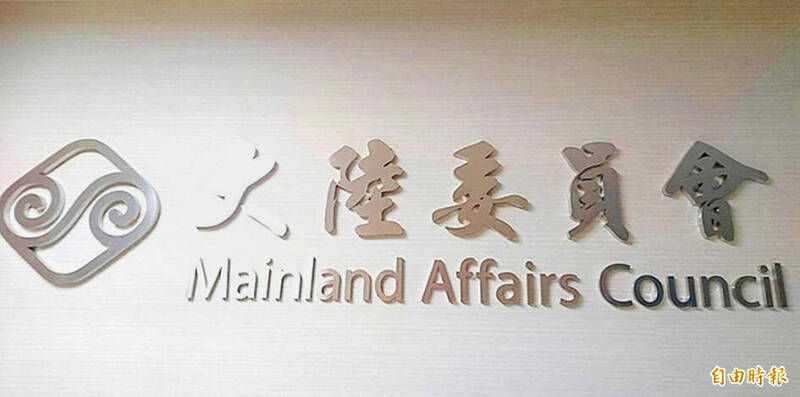Politics
Taiwan Council Uncovers Chinese IDs Among Public Servants

The Mainland Affairs Council (MAC) of Taiwan reported the discovery of two individuals holding Chinese citizenship and 102 others possessing Chinese residence permits among over 620,000 military personnel, civil servants, and public-school teachers. The investigation highlighted compliance with a mandatory affidavit requirement, as 99.79 percent of those reviewed—more than 626,000—have adhered to the regulations.
The MAC stated that those identified as holding a Chinese ID card or residence permit have since annulled their Chinese citizenship. The council completed its review for the first half of the year and plans to initiate regular inspections starting on January 1.
Legal Framework and Security Implications
Under Article 9-1 of the Act Governing Relations Between the People of the Taiwan Area and the Mainland Area, Taiwanese individuals who acquire a Chinese household registration or passport face the loss of their citizenship and are barred from serving in the military, public service, or educational institutions. This law also applies to individuals possessing a Chinese ID card or residence permit.
The MAC’s findings indicate that such cases extend beyond the general population, affecting active military personnel, civil servants, and educators. The council emphasized that the Chinese Communist Party (CCP) is employing “united front” tactics to challenge the long-held single-citizenship policy observed on both sides of the Taiwan Strait. It noted that relaxed regulations for Taiwanese relocating to China’s Fujian Province facilitate obtaining Chinese citizenship while still maintaining a Taiwanese ID, thereby blurring national identities.
Inspection Protocols and Consequences
Given the potential risks to national security and social stability, the MAC has deemed regular inspections critical. The initial phase of these inspections will focus on core personnel within the military, civil service, and educational sectors.
Specifically, inspections for military personnel will target volunteer service members, with non-compliance leading to rejection of applications. For civil servants, the review will encompass clerks, political appointees, judges, prosecutors, and other related staff. Individuals who do not cooperate with the inspection process will face significant repercussions, including ineligibility for employment reviews, contract signing, or renewals.
In the education sector, full-time public-school educators will be subject to inspections. Those found noncompliant will be barred from selection processes and employment opportunities. The MAC’s proactive measures aim to safeguard Taiwan’s institutional integrity against potential CCP influence, ensuring that loyalty to Taiwan remains a foundational principle within its public institutions.
-

 Lifestyle4 months ago
Lifestyle4 months agoHumanism Camp Engages 250 Youths in Summer Fest 2025
-

 Business5 months ago
Business5 months agoKenvue Dismisses CEO Thibaut Mongon as Strategic Review Advances
-

 Sports4 months ago
Sports4 months agoDe Minaur Triumphs at Washington Open After Thrilling Comeback
-

 Sports5 months ago
Sports5 months agoTupou and Daugunu Join First Nations Squad for Lions Clash
-

 Top Stories5 months ago
Top Stories5 months agoColombian Senator Miguel Uribe Shows Signs of Recovery After Attack
-

 World5 months ago
World5 months agoASEAN Gears Up for Historic Joint Meeting of Foreign and Economic Ministers
-

 Health4 months ago
Health4 months agoNew Study Challenges Assumptions About Aging and Inflammation
-

 Business5 months ago
Business5 months agoOil Prices Surge Following New EU Sanctions on Russia
-

 Entertainment4 months ago
Entertainment4 months agoDetaşe-Sabah Violin Ensemble Captivates at Gabala Music Festival
-

 Entertainment4 months ago
Entertainment4 months agoBaku Metro Extends Hours for Justin Timberlake Concert
-

 Top Stories5 months ago
Top Stories5 months agoRethinking Singapore’s F&B Regulations Amid Business Closures
-

 Business5 months ago
Business5 months agoU.S. House Approves Stablecoin Bill, Sends to Trump for Signature









